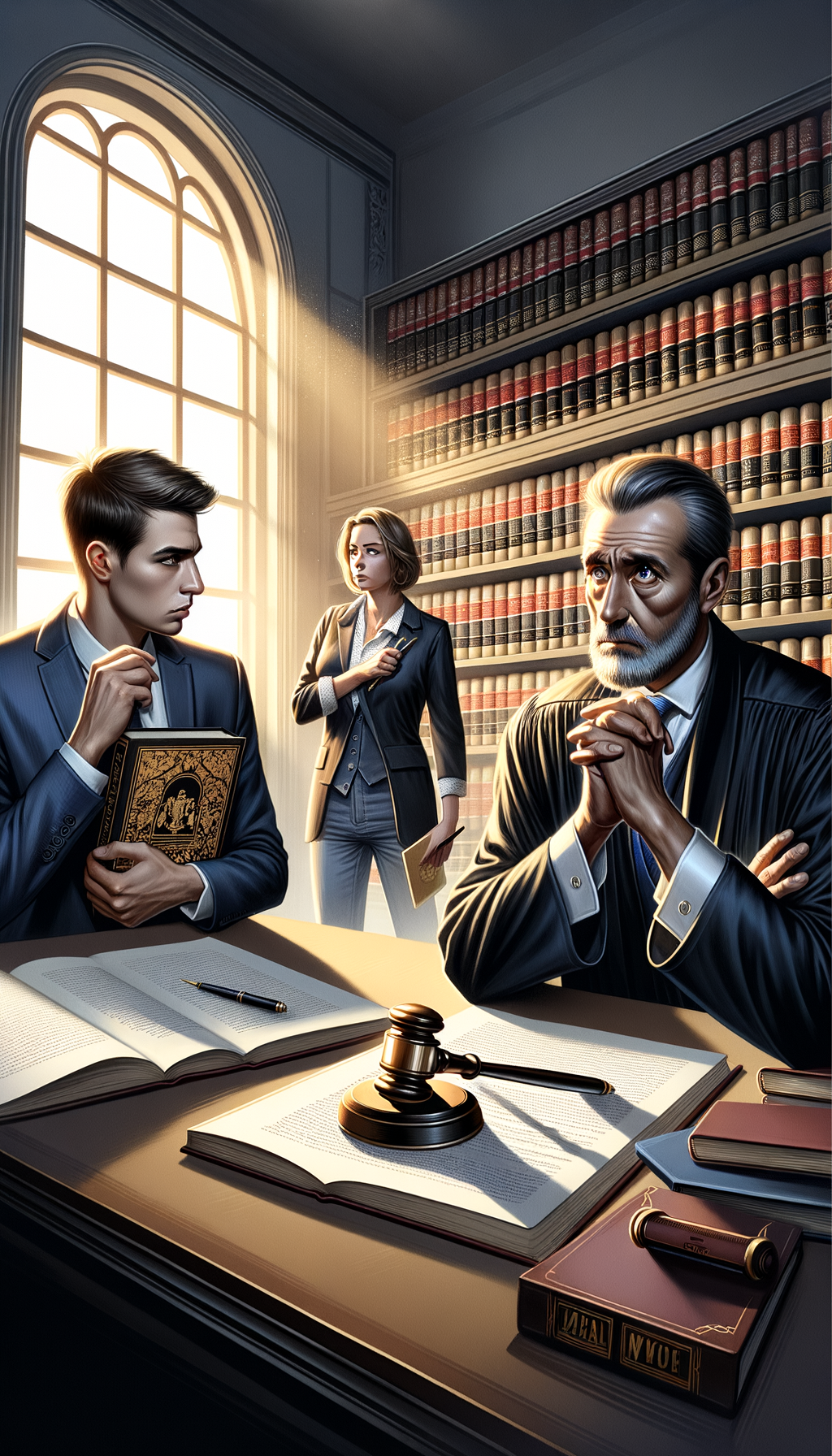Can an Unsigned Will Still Count? Lessons from Kemp v Findlay
Background of the Case
Kemp v Findlay involved a dispute over the estate of the deceased, Mr. Kemp, who had created a will that was not signed. After his passing, family members contested the validity of this document, arguing that without a signature, it could not be considered a legally binding will. The case was brought before the court to determine whether the unsigned document could still reflect Mr. Kemp’s testamentary intentions.
Legal Principles at Play
Several key legal principles were examined in the Kemp v Findlay case:
- Testamentary Intent: The court focused on whether the unsigned document clearly demonstrated Mr. Kemp’s intentions regarding the distribution of his estate.
- Compliance with Formalities: Generally, for a will to be valid, it must comply with specific legal formalities, including being signed by the testator. The court considered whether these formalities could be overlooked in this case.
- Evidence of Intent: The court evaluated the surrounding evidence, including witness testimonies and the context in which the unsigned document was created, to ascertain Mr. Kemp’s true intentions.
Key Findings of the Court
The court ultimately ruled in favour of recognizing the unsigned document as a valid expression of Mr. Kemp’s wishes. Key findings included:
- Intent Over Formality: The court emphasized that the intention of the testator should take precedence over strict adherence to formalities, especially when there is clear evidence of the deceased’s wishes.
- Supporting Evidence: Testimonies from family members and friends supported the claim that the unsigned document accurately reflected Mr. Kemp’s desires regarding his estate.
- Judicial Discretion: The court exercised its discretion to validate the unsigned will, highlighting the importance of considering the unique circumstances of each case.
Implications for Estate Planning
The Kemp v Findlay case serves as a crucial reminder for individuals engaged in estate planning:
- Importance of Formalities: While the court may recognize an unsigned will under certain circumstances, it is always advisable to adhere to legal formalities to avoid disputes and complications.
- Document Intentions Clearly: Ensure that your testamentary intentions are clearly documented and communicated to avoid ambiguity and potential legal challenges.
- Consult Legal Professionals: Engaging with experienced legal professionals can help ensure that your will is valid and reflects your true wishes, minimizing the risk of future disputes.
Hill Legal’s Hot Take
The Kemp v Findlay case highlights the complexities surrounding unsigned wills and the importance of testamentary intent in estate planning. While the court’s decision to recognize the unsigned document underscores the significance of understanding a testator’s wishes, it also emphasizes the need for individuals to follow legal formalities when drafting their wills.
At Hill Legal, we are committed to helping our clients navigate the intricacies of estate planning to ensure their wishes are honored. If you have questions about creating a valid will or need assistance with estate planning, please contact Hill Legal on 03 5976 6500 for more information. Let us help you secure your legacy with confidence!




